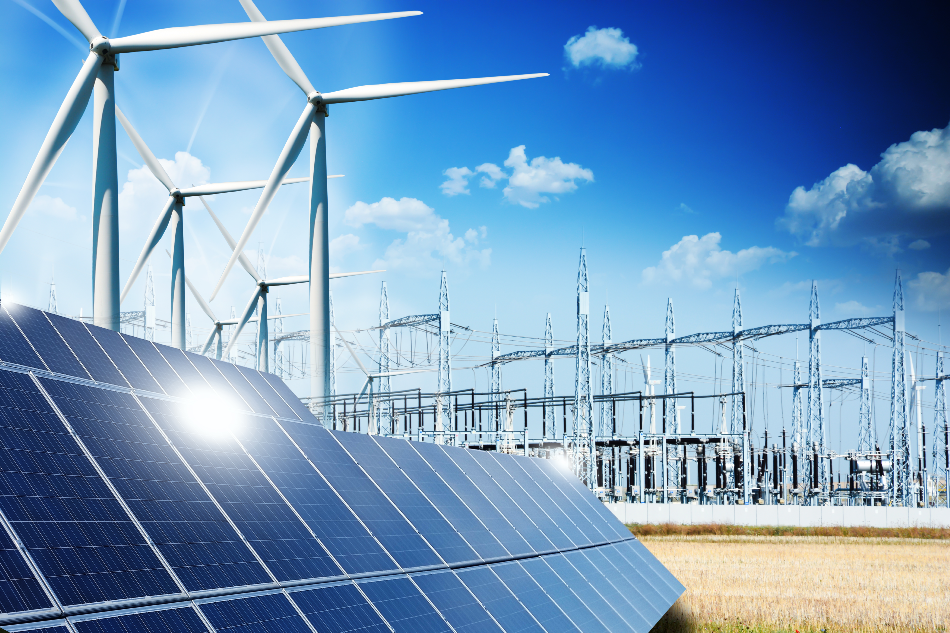Mar 20 2008

Image Credit: Eviart/Shutterstock.com
Article updated on 22/01/20 by Ramya Dwivedi
Primary challenges in the energy sector are access to energy, access to an advanced and clean energy source to replace fossil fuels, and energy security.
Economies of the world rely on access to affordable energy. Unfortunately, the lack of balance between the energy supply distribution among countries and their energy requirements has resulted in vulnerabilities. Threats to energy security on a local and global scale include political instability, attack on the supply infrastructure such as power plants, and the competition and manipulation of energy sources, etc.
“..diversification of energy resources and their transportation routes, efficient use of local resources and the use of existing energy resources with various technological and strategic practices in the most efficient way possible are necessary to improve energy security..”
Ilhan Ozturk in The Pakistan Development Review, 2013.
Despite technological revolutions in the energy sector, billions of people still lack dependable and affordable energy sources - access to which would improve their lives, power their homes, provide safe water, improve health and sanitation, and promote economic and human development. Such insecurities support the expansion of renewable energy.
Changing our main sources of energy from fossil fuels to renewable energies is the center of the energy security issue. Renewable energies reduce the number of greenhouse gases emitted into our atmosphere and generate environmental and economic benefits. Even though the growth of renewable energy sources accelerated, carbon dioxide emissions are surging.
This has pushed for the need for the renewable energy industry that has long since arrived and matured - yet, meet only approximately one-quarter of global energy consumption growth. These renewable resources range from wind, solar, to hydroelectric, tidal, geothermal and biomass.
Using renewable energies can improve energy security in the electricity, heat and transportation areas.
Generation of Electricity
The introduction of power generating plants that use a wide range of renewable energy sources such as solar and wind can provide more energy security by dispersing the power generation system.
Renewable energy generating plants also offer flexibility on the size and scale of the plant and they can be built or located close to where power is required. Furthermore, using renewable energies decreases the dependence on imports.
Supply of Heat
An important energy security issue arises when imported gas is used for the production of heat. By using renewable energies such as solar and geothermal to produce heat reduces the dependence on imports similar to the generation of electricity and reduces greenhouse gas emissions at the same time.
Transportation Sector
The use of biofuels is being recognized as part of the answer to the growing demand and reliance on foreign oil. Transportation fuels produced from several biomass resources is on an increase.
With the growing costs of foreign exchange spending from relatively high prices for oil and gas, biofuels can assist in reducing energy security supply risks for several reasons. Small scale and large scale production facilities can be employed to produce biofuels.
Investments in renewable energies will build energy security, for developed as well as developing countries.
Sources
The promise and reality of renewable energy
Energy Dependency and Energy Security: The Role of Energy Efficiency and Renewable Energy Sources
Global Energy Demand in 2018 Grew at Fastest Pace in a Decade
Do renewable energies improve energy security in the long run? International Economics.
Renewable energy’s role in national energy security rated by a new index